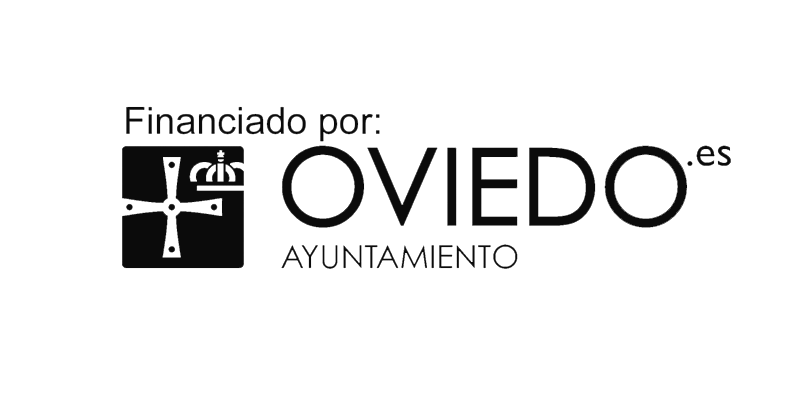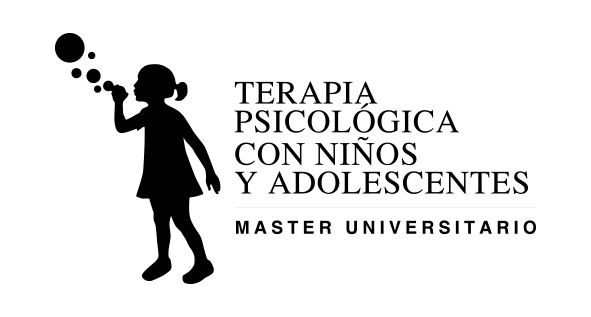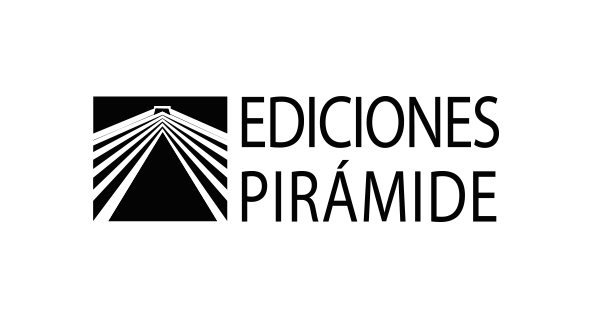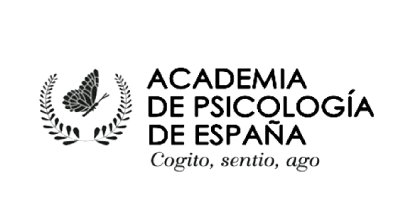Alexandra Morales
Miguel Hernández University, Spain
How to implement a sex education protocol for adolescents
Sex education involves several areas that comprehensively address affective-sexual development. In the process of maturation from childhood to youth and adulthood, adolescents develop a greater understanding about what function of human sexuality implies. In addition to reproduction, it is a form of intimate relationship with other people, a way of physical and emotional expression and an important pleasurable aspect of life. On the other hand, there are problems dealing with poor sex education, this means sexually transmitted infections (STIs) and unplanned pregnancies. Sex education is the main strategy to promote a healthy sexuality and reduce the associated risks (STIs and unplanned pregnancies).
The COMPAS program (Competencies for Adolescents with a Healthy Sexuality) is a protocolized intervention designed to promoting affective-sexual development and reducing risk behaviors for STIs and unplanned teenage pregnancies. It has proven to be effective in increasing the level of knowledge about sexual health and the intention to use condoms in case of having sexual intercourse. COMPAS promotes a favorable attitude towards protection methods, increases the perception of risk and self-efficacy to protect against sexual risk and reduces risky sexual behavior in adolescents. The effectiveness of COMPAS has been studied in the short and long term with more than 2000 Spanish adolescents. Several countries in Latin America and Europe have been interested in adapting COMPAS to its social and cultural context, including Colombia, Ecuador and Romania.
It requires preparation as well as proper therapeutic skills the development of sexual education actions effectively. Those attending this workshop will learn to implement the COMPAS program. The objective of the program targets that the adolescent: a) has INFORMATION about a healthy sexuality, the risks derived from their behaviors, and the main methods of protection; b) develop a favorable ATTITUDE towards the care of one’s own sexuality and MOTIVATION to make healthy decisions regarding sexual health, and c) develop the necessary SKILLS to avoid behaviors that entail the risk of contracting a STI or an unplanned pregnancy (e.g. effective communication with the sexual partner, condom use negotiation and how to use the condom correctly). The applied methodology is playful and participatory. Strategies will be provided to enhance the effectiveness of the program and the necessary training so that attendees can implement COMPAS successfully.
She is Assistant Professor in the Department of Health Psychology at the Miguel Hernández University (Spain), and a member of the AITANA research group (http://aitanainvestigacion.umh.es). After graduating in Psychology from the UMH in 2010, she studied the Master in Psychological Therapy on Children and Adolescents. In 2015, she defended her doctoral dissertation, which studies sexual risk factors and assesses the effectiveness of sexual health promotion programs, receiving the Extraordinary Doctorate Award. Between 2013 and 2018, she fulfilled her training by doing research stays at the University of Pennsylvania (UPenn, Philadelphia, United States), University of California San Francisco (UCSF, San Francisco, United States), Fundación Konrad Lorenz (Bogota, Colombia) and Universidad de Guayaquil (Guayaquil, Ecuador). She is the co-author of the book “Programa COMPAS. Competencias para adolescentes con una sexualidad saludable” (In English: “COMPAS Program: Competences for adolescents with a healthy sexuality”) y “Guía de orientación afectiva y sexual para jóvenes. Hazlo bien y mira con quien” (In English: “Affective and sexual orientation guide for young people: Do it well and look with whom”). Among her most recent scientific publications are: “Interventions to reduce risk for sexually transmitted infections in adolescents: A meta-analysis of trials, 2008-2016” and “Adaptation of an effective school-based sexual health promotion program for youth in Colombia”. She is currently working on the adaptation of COMPAS for its implementation through serious games and gamification. She is an associate editor of the Revista de Psicología Clínica con Niños y Adolescentes (In English: “Journal of Clinical Psychology with Children and Adolescents”). In 2017, she received the Early Career award for her research profile, awarded by the European Society of Prevention Research.













